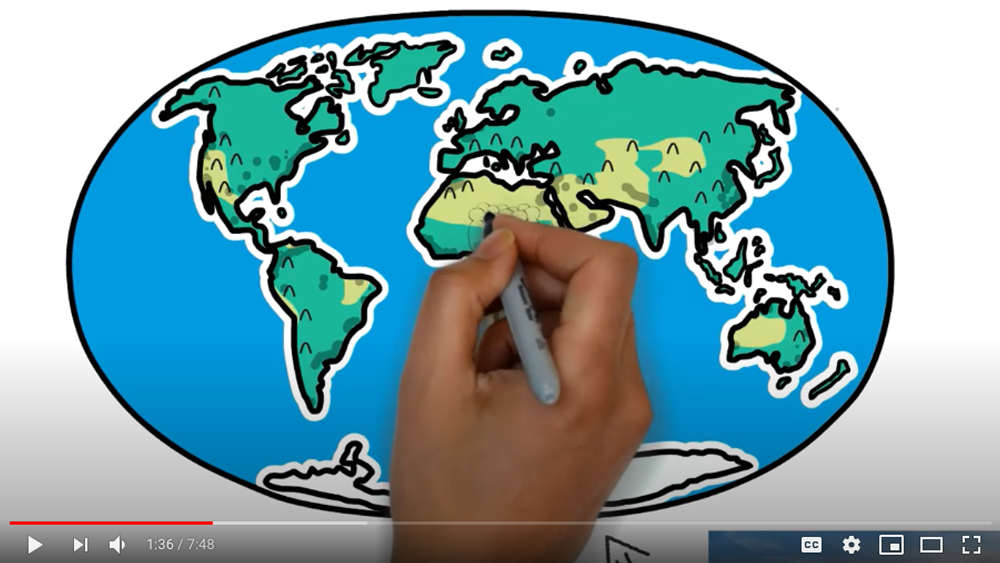
Biomedical engineering seniors had a capstone design experience like no other this year when the second semester of their two-semester project was suddenly changed by the COVID-19 pandemic. Despite the new challenges, the student teams were recognized for their accomplishments.
Instead of coming back to campus after Spring Break, all classes and projects were moved online at Texas A&M University. This included the senior design projects. Teams had to find new ways to communicate and prototype what they could to complete their assignments, many of which came from industry and clinical sponsors.
At the end of the spring semester, the College of Engineering hosts an Engineering Project Showcase to allow students to present their projects for judging. This also had to change to a virtual landscape, leading to the students developing videos to showcase their projects.
Design team Artificial Urethral Sphincter for Incontinence (ArtiFink), composed of Sarah Jones, Hunter Lyon, Brandon Worth, Gilberto Flores Reyes and Sarah Swift, won second place overall in the showcase’s senior capstone category. In total, 140 teams competed in that category.
Within the Department of Biomedical Engineering, they placed first out of 30 teams.
The team’s goal was to design a minimally invasive, low-cost patient-controlled urethral sphincter to give women control of their bladders. Over two million women suffer from obstetric fistula — a hole in the bladder caused by obstructed labor or poor labor and delivery care. Even if repaired, 20% of these women experience urinary incontinence — a medical condition in which the person is unable to control the release of urine from their bladder.
There is currently no viable treatment option for the condition, which leads to social isolation and poor quality of life. Furthermore, over 200 million women suffer from urinary incontinence worldwide, derived from non-fistula causes.
View the team's video presentation here.
Two teams tied for second place in the department:
- Hemostatic Applicator Tip, composed of Priyanka Ambati, Ryan Davis, Abby Pandey, Carson Bristo and Emma Giunta, sponsored by Cryolife
- Test Stand Biopsy Seal, composed of Amanda Rakoski, Annalie Krone, Daniel Praia-Chamorro, Kendahl Lyle and Seth Reine, sponsored by Dr. Duncan Maitland, professor in the Department of Biomedical Engineering